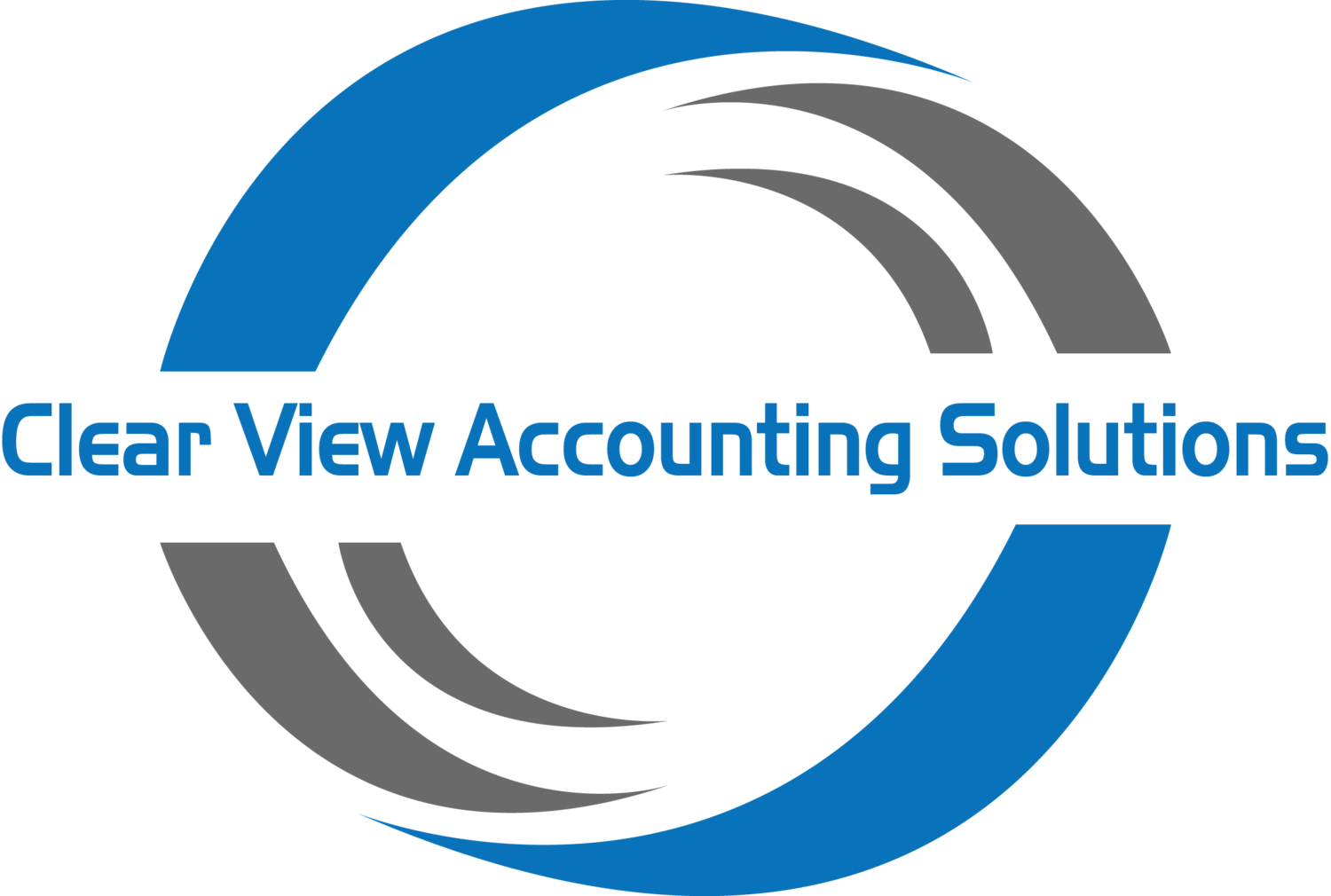If every financial transaction that ever took place was correctly recorded and every accountant, manager, or executive was completely honest and knowledgeable of the accounting principles that went into recording transactions, financial statements could be prepared and used with 100% certainty. Unfortunately, that is not the case, and ineptitude and dishonesty will always negatively impact the reliability of financial statements. But, instead of analyzing the human disposition for deceit or the prevailing ignorance of accounting methods and guidelines, I will focus on why it is so important to have accurate records, in the first place.
Free From Material Errors
The ability to rely on financial statements is a keystone to the American economy and society as a whole. Individuals seeking to finance their retirements, investors choosing to increase or change their positions, bankers approving or denying a mortgage request, creditors deciding whether to extend a line of credit, governments collecting taxes based on filings, all rely on the accuracy of the financial information they’ve been provided to make decisions that will affect their futures. In almost every one of these examples, the users of the financial statements and the preparer have contradicting goals, and there is ample reason to believe there could be a discrepancy in the documents provided. Individuals, managers, executives, and owners all want to make sure their investments are being used as efficient and effectively as possible, and they rely on financial statements to monitor how their assets are being utilized.
Complications Due to Inaccurate Reporting
“Inaccurate financial reporting may be the result of carelessness, lack of information, misinterpreting data or dishonest employees.” (Metcalf, 2016) No matter what the cause of inaccuracies may be, their results can be disastrous. Under or overestimated profits can lead to a company being undervalued or overvalued. Overvalued companies might pay unnecessary taxes, receive lines of credit they can’t afford, and gain investments they can’t return on. Undervalued companies could lose investors, pay higher interest rates or be denied for lines of credit, and make avoidable budget staffing cuts.
Flawed financial reporting can negatively impact a company’s reputation with shareholders, consumers, and boards of directors. Small businesses could go under. Non-profit organizations could lose donations. Buyers could gain companies at a discounted rate or even come back and sue for fraud.
The Importance of GAAP to Users
Financial statements that adhere to GAAP have adhered to a strict catalog of guidelines and regulations, and they are complemented by an accuracy report from an independent Certified Public Accountant. Understanding GAAP as a user of financial statements provides you with the tools necessary to assess the risks involved with a company and formulate accurate projections as to how that company might perform in the future. Investors can make educated decisions on where to spend their money and have faith that they will receive a return. Creditors can lend money and expect to be paid back on time. Businesses can select vendors that will meet demand and be around long enough to ensure no lapses in supply. Management and executives can compare their costs to productivity and evaluate the efficiency and effectiveness of their staffs.
“Users of accounting information should be able to trust that the business transactions are recognized, measured, recorded, and reported using a set of accepted rules or standards.” (Kemp, 2013) A working knowledge of GAAP allows users to read financial statements according to how they were structured and know that they are reliable. Additionally, a knowledge of GAAP provides users that, if they suffer losses because of an erroneous CPA’s opinion, they can sue that CPA for damages. (Kemp, 2013)
The Source of Accurate Statements
The easiest way to ensure accurate financial reporting and statements is to keep track of source documents. The first document produced that is related to a transaction is what is known as a source document. Source documents are physical evidence of the transaction taking place, and they contain valuable information about the transactions and the circumstances surrounding them. Their purpose is to serve as a reference for financial reporting and statements, and they are often the first place auditors go to check for any inaccuracies or discrepancies. To aid in reporting accuracy and auditing efficiency, copies of all source documents should be attached to the entries in which they are recorded or referenced.
